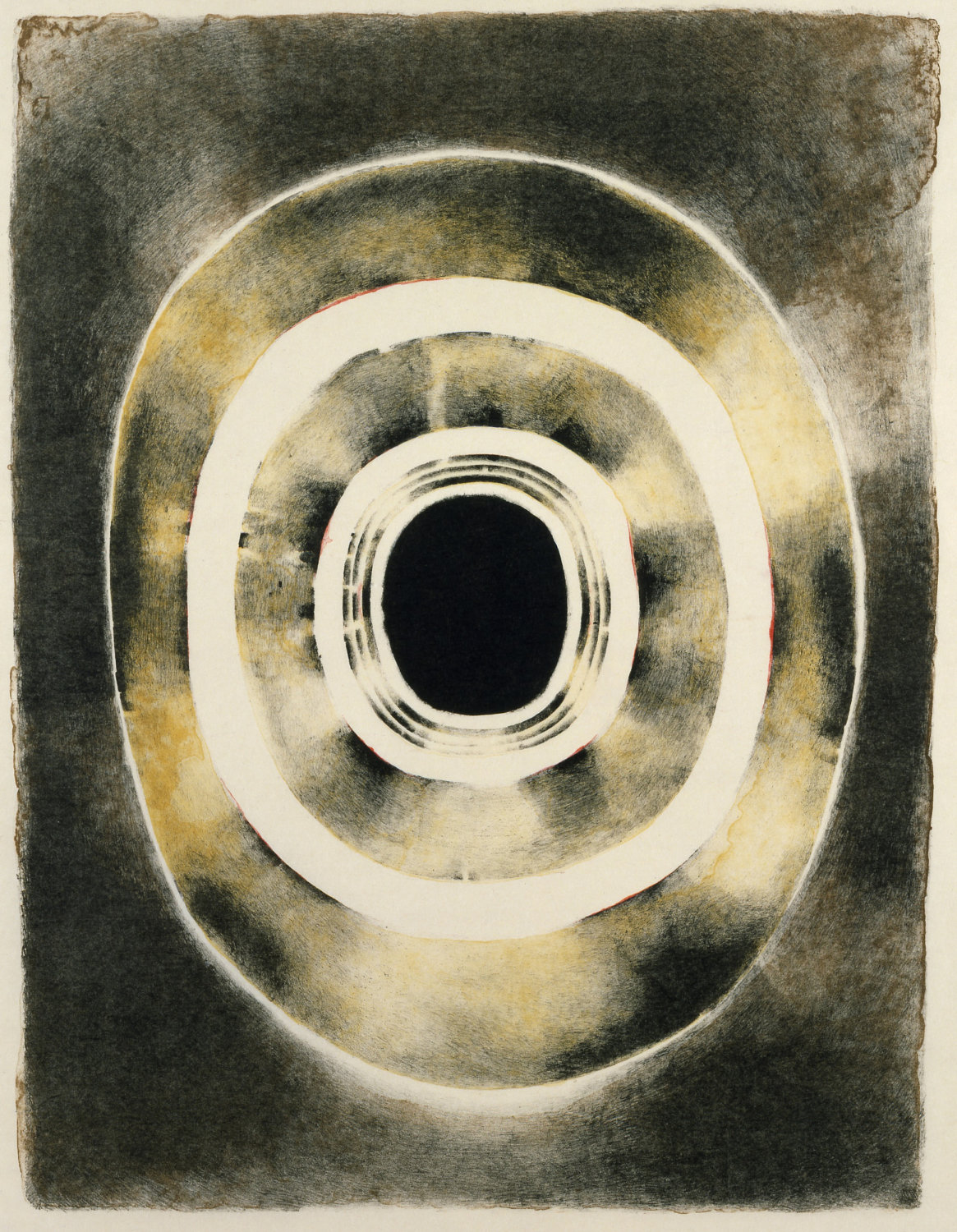May 13, 2019 at 2:30 p.m.
Robertson Gymnasium 1000A
In 1936, Wallace Stevens argued for the need for a poetic response to the crises of his age, writing that “[t]he poet who wishes to contemplate the good in the midst of confusion is like the mystic who wishes to contemplate God in the midst of evil.” And what of the prosaic academic who wishes to read literature in the midst of our contemporary crises? In my talk I will present a theory of literature and reading as a mode of knowing the (normative, narrative, and historical) conditions of our humanity, based on Michael Polanyi’s work on tacit knowledge and his conception of reality as the condition of inquiry and discovery. I then invite seminar participants to collaborate in putting this theory into practice with a consideration of Robert Lowell’s apocalyptic 1946 poem “The Quaker Graveyard in Nantucket.”
Reading
Michael Polanyi, The Tacit Dimension, Ch. 1 (“Tacit Knowing”), pp. 1-26.
Robert Lowell, “The Quaker Graveyard in Nantucket.”
Recommended
Michael Polanyi, “Meaning” Lectures 1 (“From Perception to Metaphor“) and 2 (“Works of Art“).
Lindsay Atnip is a PhD candidate in the Committee on Social Thought at the University of Chicago. Her recently-submitted dissertation is entitled “From Tragic Form to Apocalyptic Reality in Four American Works: Toward an Epistemological Theory and Practice of Reading.” She also teaches in the University of Chicago Graham School’s Basic Program of Liberal Education for Adults.

Lee Bontecou, Sixth Stone I, 1964. Color lithograph on paper, 93 x 71.
